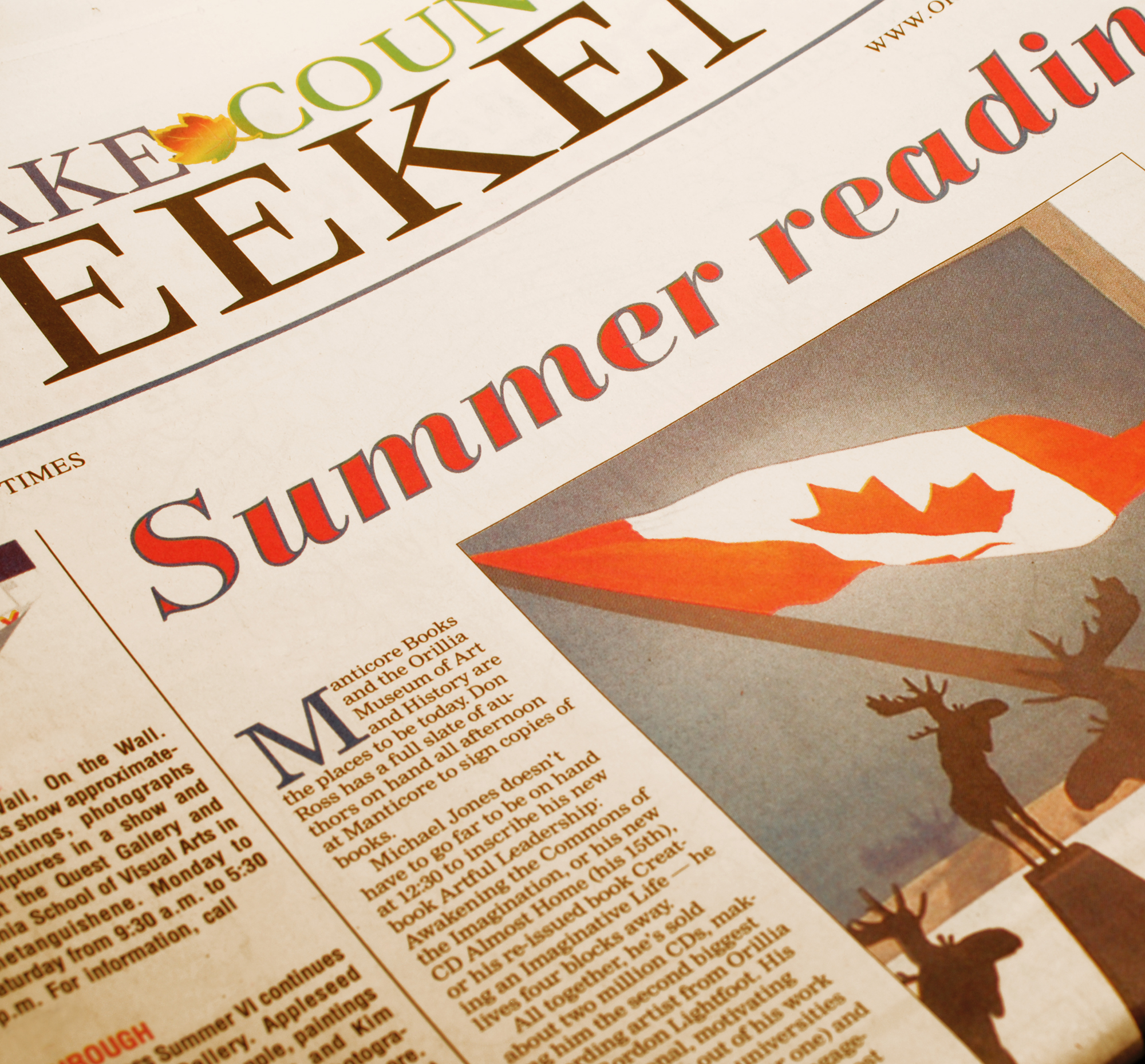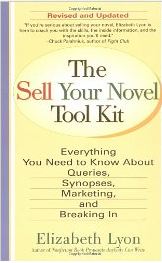 A synopsis distills the key messages, themes, and direction of a story. Have you ever tried to condense the plot of a novel into one page? How about one or two sentences? It’s hard. Really hard.
A synopsis distills the key messages, themes, and direction of a story. Have you ever tried to condense the plot of a novel into one page? How about one or two sentences? It’s hard. Really hard.
The first time I tried to write a one page synopsis for Moonlight and Oranges, my novel manuscript, I almost went crazy.
Cut, revise, rewrite, condense. Delete reference to non-vital scene. Include only pertinent details for main message…etc.
Afterward, I told my friends it took me two weeks to write one page. Read that again. Two weeks to write one page. Even people who struggle with and hate writing don’t take that long.
I don’t have kids yet, so I can’t compare it to childbirth, but I’d still say I was having mental labor pangs when I wrote it.
Once I had finished, I showed my one page synopsis and a draft of my first chapter of Moonlight to a writing instructor. She had several suggestions for revising the first chapter, but she told me almost at once that my synopsis was excellent.
 A synopsis is one of the first things agents look at (sometimes the only thing other than your query letter) when they’re trying to decide if they’d like to see more from you. A great guide I used for writing a synopsis was The Sell Your Novel Toolkit, by Elizabeth Lyon.
A synopsis is one of the first things agents look at (sometimes the only thing other than your query letter) when they’re trying to decide if they’d like to see more from you. A great guide I used for writing a synopsis was The Sell Your Novel Toolkit, by Elizabeth Lyon.
Lyon encourages the practice of summarizing your novel into one sentence. Holy moly. It scared me, too, when I first read it.
If you pick up a book and read the inside flap, or read a book review in your local paper or literary trade journal, you’ll find some excellent summaries. Notice how the writer omits minor subplots and have very few adverbs. Notice the powerful verb choices used.
I’d been studying synopsizing for a while when I read about Storyfix.com’s lyric and log-line contest. My one-line synopsis and lyric choice earned me a congratultions. I’m going to post just the log-line here so you can see what I’m talking about.
A fifteen year old boy whose life is built around running from the past discovers a magic door that gives him sight into the future and, he hopes, the ability to face the abusive father whose return he has long dreaded.
A lot of other things happen in this story than our hero’s fear of his father and a magic door to the future. For example, our hero of the above story has a twin sister, a dead but eerily famous grandfather, and access to a mansion full of sad clues about a family heritage that was never told to him.
But those weren’t the key points. I needed to distill the essence of the story and I couldn’t crowd them into a short summary, and certainly not into a one sentence summary.
I learned the following exercise from Bob and Jack’s Writing Blog. It’s about finding the myth that underpins the story you’re writing. Go watch a movie, a play, or read a book. Three weeks afterward, write a summary. The length of the summary doesn’t matter.
 Three weeks after writing your first summary, write another for the same piece of art. Again, length doesn’t matter. The idea is that with time, you will forget the nonessential details of the story and start to drill into the skeletal core of the piece.
Three weeks after writing your first summary, write another for the same piece of art. Again, length doesn’t matter. The idea is that with time, you will forget the nonessential details of the story and start to drill into the skeletal core of the piece.
Your second summary will almost definitely be shorter than your first. Shorter, and more concise. Read about this synopsis exercise here.
I recently wrote a review for Hotel on the Corner of Bitter and Sweet. I’m going to wait a few more weeks and write another summary without reviewing my notes. I’m excited to see what I find. I’m sure it will be closer to the core message of the story.
Are you ready for an experiement? Give me a 1-2 sentence summary of your favorite book or movie. How about a classic fairy tale?
Example: Film: CASABLANCA-An embittered man who “sticks his neck out for no one” must choose between protecting his heart from the woman who broke it and risking everything to save the life of her and her husband.
How about a summary for the Lord of the Rings? East of Eden? The DaVinci Code? The Hunger Games? Harry Potter?
Pingback: One Reason to Learn Marketing « Turning Leaf